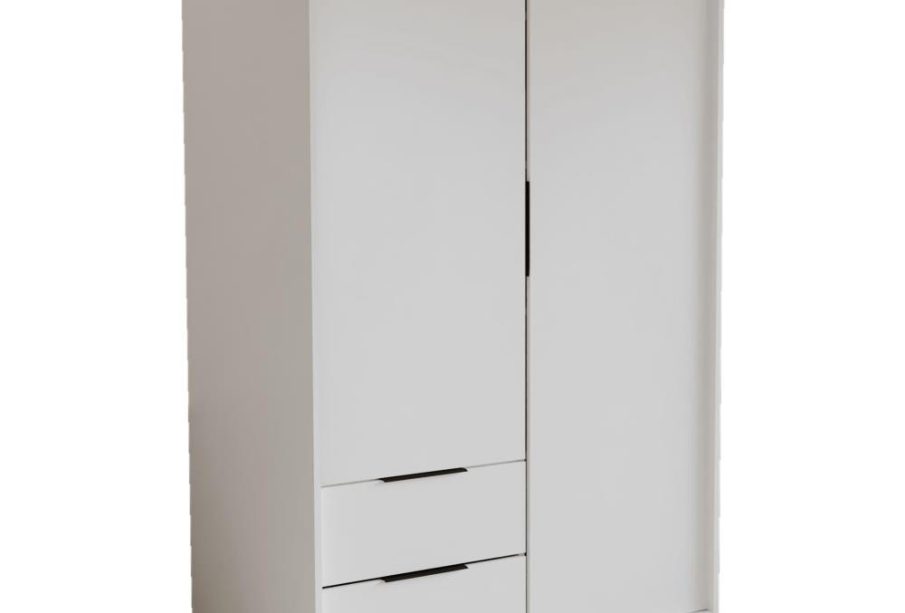The Rise of Niko in Home Automation

Introduction
Home automation technology has gained significant traction in recent years, with companies like Niko leading the charge in creating intelligent and intuitive systems that enhance the way we live. Niko, a Belgian company specialising in electrical switches and smart home solutions, is at the forefront of this revolution. As consumers become more aware of the benefits of integrating such technologies into their homes, Niko’s products are becoming increasingly relevant in today’s market.
What is Niko?
Niko was founded in 1919 and has since evolved into a prominent player in the home automation sector. The company offers a wide range of products, from traditional light switches to advanced smart home technology that allows users to control lighting, heating, and security remotely. Niko’s philosophy centres on making everyday living more comfortable and energy-efficient, which resonates strongly with the growing demand for sustainable living solutions.
Recent Developments
In 2023, Niko launched several new products that were well-received at major industry exhibitions. Notable among them is the Niko Home Control system, which allows homeowners to control their systems through voice recognition and smartphone applications. This innovation not only boosts convenience for users but also integrates with popular platforms like Google Assistant and Amazon Alexa, making it compatible with existing smart home ecosystems.
Moreover, Niko’s commitment to sustainability is evident in their latest range of products, which includes energy-efficient lighting and automation systems designed to reduce electricity consumption. With sustainability becoming a significant concern for many homeowners, Niko is positioning itself as a responsible choice for eco-conscious consumers.
Market Impact
As the smart home market continues to expand, Niko’s approach underscores a shift towards integrated living solutions. The global smart home market is projected to reach $174 billion by 2025, and companies like Niko are well-placed to capture a share of this growth with their innovative products. Their focus on user-friendly interfaces and aesthetic designs has already garnered positive feedback from consumers, further solidifying their reputation in the industry.
Conclusion
Niko’s advancement in home automation is not just about technology; it reflects a broader trend towards smarter, more energy-efficient living. For homeowners looking to modernise their living spaces while contributing positively to the environment, Niko’s products offer a sophisticated solution. As the company continues to innovate, it is clear that Niko will remain a key player in the smart home industry, shaping the future of home automation.









